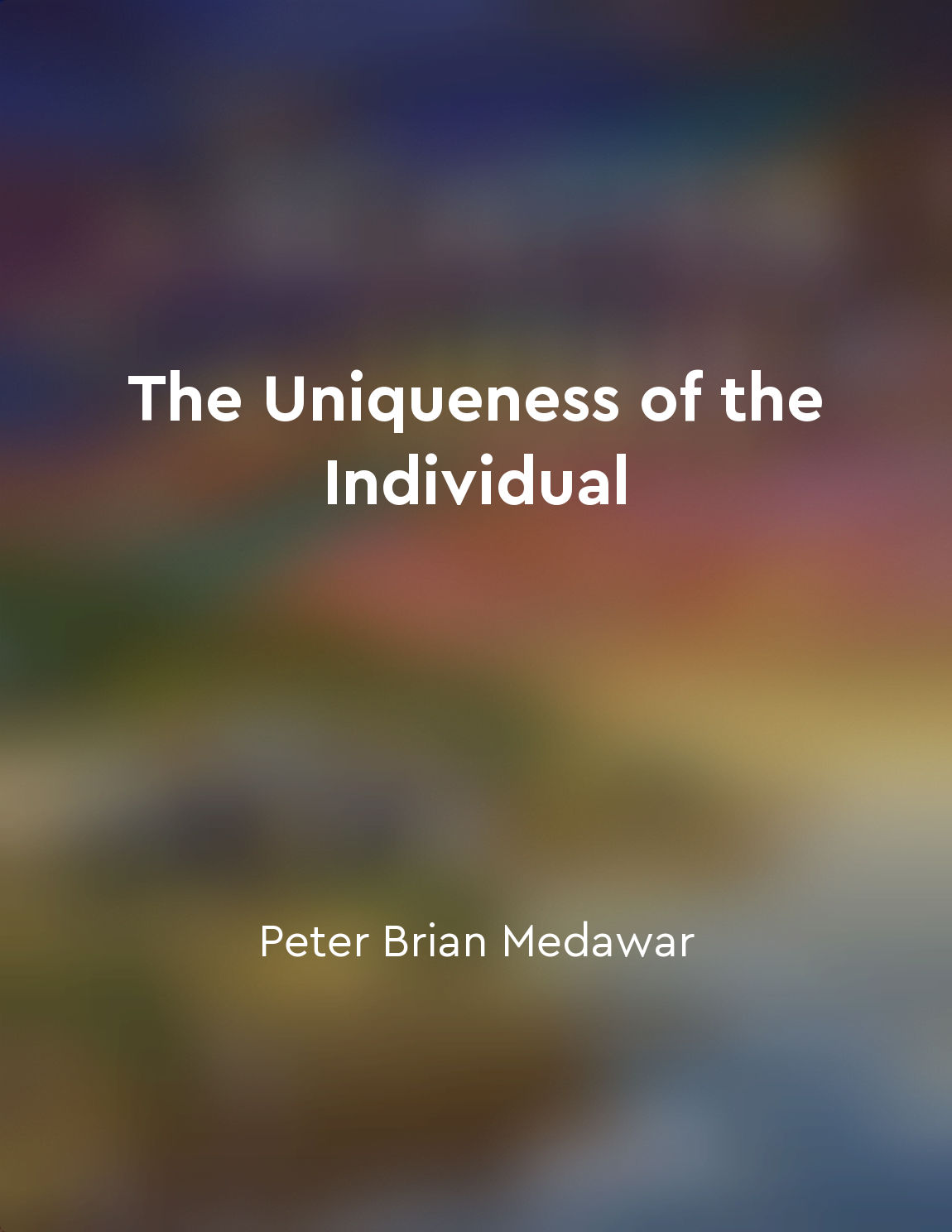Directive Principles of State Policy from "summary" of Objective Indian Polity General Studies Paper - 1 by M. Laxmikanth
Directive Principles of State Policy are the guidelines given to the state by the Constitution of India to establish social and economic democracy in the country. These principles are non-justiciable, meaning they are not enforceable by any court of law. They are essentially moral and political ideals that the state should strive to achieve in order to create a just society. The Directive Principles aim to promote the welfare of the people by ensuring social and economic justice, equality, and the right to a decent standard of living. They cover a wide range of issues, including healthcare, education, employment, and the protection of the environment. The principles also emphasize the importance of promoting the interests of marginalized and vulnerable groups in society. While the Directive Principles are not legally binding, they are still considered crucial for the functioning of a democratic and welfare state. They serve as a guide to the government in formulating policies and laws that will benefit the people and promote the common good. The state is expected to take these principles into consideration while making laws and policies, even though they cannot be enforced through the courts. The Directive Principles also play a significant role in balancing the rights of individuals with the collective welfare of society. They help in ensuring that the government works towards the well-being of all its citizens, particularly those who are disadvantaged or marginalized. By focusing on issues like education, healthcare, and social security, the principles aim to create a more equitable and inclusive society.- The Directive Principles of State Policy are an essential part of the Indian Constitution's framework. While they may not be legally enforceable, they provide a moral and ethical foundation for the state to work towards the welfare of its citizens. By upholding these principles, the government can strive to create a more just and equitable society for all its people.
Similar Posts
Importance of education
Education is the key to unlocking one's potential, to opening doors that would otherwise remain closed. It is the foundation up...
Identify and understand your goals
To be successful, you must first identify and understand your goals. This requires self-reflection and introspection to determi...

Accepting others' uniqueness promotes harmony
Accepting others' uniqueness is crucial for fostering harmony within society. Every individual possesses their own set of chara...
Morality guided by reason
In the realm of ethics, reason plays a crucial role in guiding our moral judgments and decisions. According to Kant, morality i...

Competition fosters innovation
The concept of competition fostering innovation is a fundamental principle in economics. When firms are faced with competition ...

Continuous learning and selfimprovement lead to personal fulfillment
My dear Indira,Life is a journey of constant growth and self-discovery. The more we learn, the more we evolve as individuals. I...
He aimed to achieve social justice through legal means
Dr. Ambedkar's vision for achieving social justice was deeply rooted in the legal framework of the Indian Constitution. He beli...
Definition of political philosophy
Political philosophy is a branch of knowledge that deals with the principles and ideas underlying the organization and governan...


